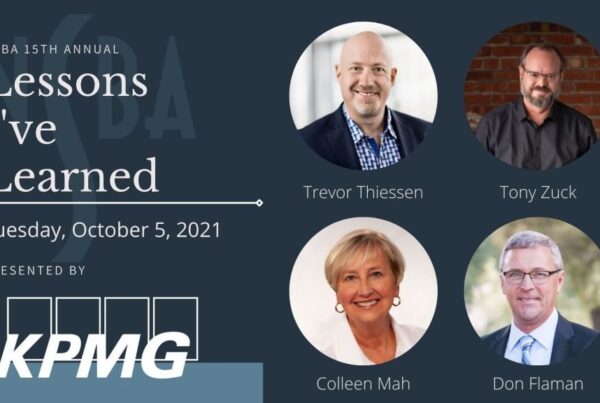This post originally appeared on Burt M. Polson’s Real Estate Journal and is republished with permission. Find out how to syndicate your content with theBrokerList.
Photo by Alexandr Bormotin on Unsplash
Senate Bills (SB) 9 and 10 culminate a multi-year effort to create a solution to California’s housing crisis.
Two recently signed bills into California law effective in 2022, SB 9 allows homeowners and developers to split a single-family lot, adding two or more units per lot. SB 10, a similar bill, provides tools allowing local governments to zone a parcel for up to ten units in areas close to transit hubs and urban infill sites.
Pros of the new laws:
-
Fills the immediately needed void of housing for the middle-income.
-
Provides homeowners to build multi-generational wealth while creating an investment allowing people to rent the additional units.
-
Establishes the maximum number of units per single-family parcel.
-
Preserves historic neighborhoods, farmlands, and environmentally sensitive areas.
-
Maintains local control over building standards.
-
Only applies to urban infill areas and excludes areas of very high fire hazard severity zones, prime agricultural land, hazardous waste sites, earthquake zones, floodplains, and others.
Cons of the new laws:
-
After careful examination of the text, infill areas with a very high fire hazard severity are allowed without any additional fire hardening.
-
The US Census definition of “urban” areas is outdated as it includes any area of over 2,500 people. This could further grow urban sprawl in many areas.
-
An amendment to SB 9 allows local municipalities to provide a written finding for any development they feel would hinder people or property. Unfortunately, the requirements imposed for the report to provide substantial evidence are complex, and many municipalities may not have the staff to create such a comprehensive report.
-
Much of the prime land for development close to urban areas are owned by Latinos and Blacks, thereby potentially creating a bidding war and gentrification.
-
Targeting single-family homes’ backyards and side yards further removes trees and green areas, exacerbating the “heat islands” in major cities.
-
SB 9 overrides local parking requirements for locations close to a transit corridor or within half a mile of a bus route (even if there is no bus stop). Essentially, there is no allowance for parking, thereby creating congested neighborhoods full of vehicles. Other locations require one parking space per unit.
-
It may be difficult for a homeowner to utilize the ability to execute a lot-split and construct a duplex, triplex, or fourplex. A homeowner must have no mortgage to perform the split, and many will need a construction loan to develop the site. This essentially leaves many without the ability to perform leaving the opportunity open to investors and developers.
-
SB 9 works along with the new Accessory Dwelling Unit (ADU) laws allowing for up to eight units where once stood a single-family house.
Many of our issues today are not solved through a single means but are multi-faceted. The housing crisis runs much deeper than adding additional units and involves addressing construction entitlements, jobs, finance, the economy, and social & political disparities.
Burt M. Polson is the CEO of ACRESinfo.com, a commercial real estate brokerage company, and CEO of StoneMarkerInvestments.com, a private equity real estate fund. Call him at (707) 254-8000 or email [email protected] and [email protected].



